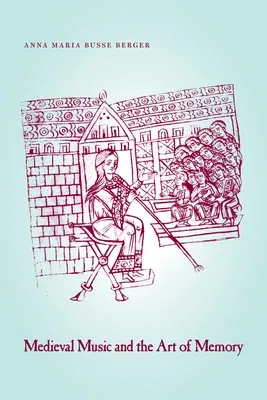Winner of the ASCAP Deems Taylor Award and Society of Music Theory's
Wallace Berry Award
This bold challenge to conventional notions about medieval music
disputes the assumption of pure literacy and replaces it with a more
complex picture of a world in which literacy and orality interacted.
Asking such fundamental questions as how singers managed to memorize
such an enormous amount of music and how music composed in the mind
rather than in writing affected musical style, Anna Maria Busse Berger
explores the impact of the art of memory on the composition and
transmission of medieval music. Her fresh, innovative study shows that
although writing allowed composers to work out pieces in the mind, it
did not make memorization redundant but allowed for new ways to commit
material to memory.
Since some of the polyphonic music from the twelfth century and later
was written down, scholars have long assumed that it was all composed
and transmitted in written form. Our understanding of medieval music has
been profoundly shaped by German philologists from the beginning of the
last century who approached medieval music as if it were no different
from music of the nineteenth century. But Medieval Music and the Art of
Memory deftly demonstrates that the fact that a piece was written down
does not necessarily mean that it was conceived and transmitted in
writing. Busse Berger's new model, one that emphasizes the interplay of
literate and oral composition and transmission, deepens and enriches
current understandings of medieval music and opens the field for fresh
interpretations.

